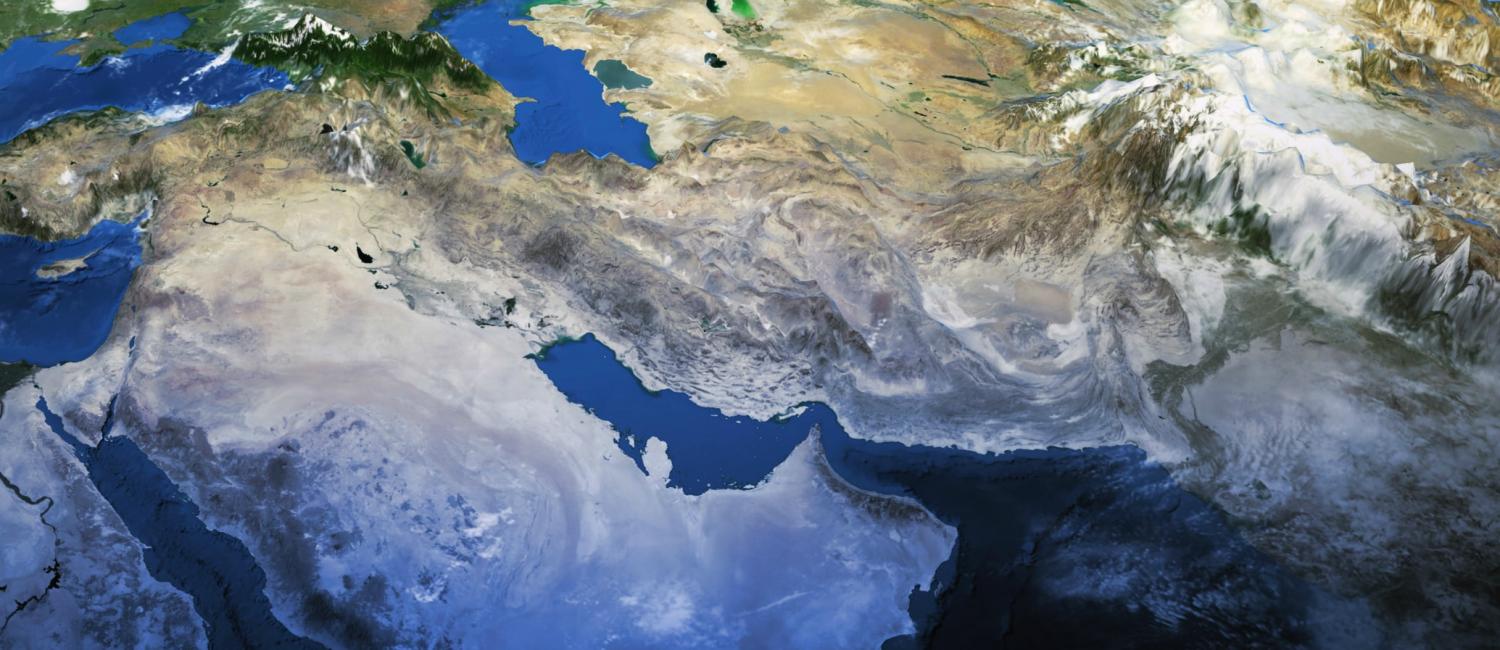The prospect for bringing peace and stability to the Middle East looks dim unless the regional countries start collaborating and stop consulting Western advisers on regional issues
by Mojtaba Barghandan
No region or country has been immune to the misery of war-oriented crises. Perhaps anarchy is the bread and butter of global politics and international relations, as it provides grounds for great powers to rule and dominate. However, the establishing international organizations, such as the United Nations, should have brought new models and strategies to preserve peace and security following the two great world wars. It should have also motivated member states for constructive interactions. This multipurpose intergovernmental organization – worldwide in scope and membership – was expected to regulate order and promote, secure and maintain international co-operation and global security.
Along with the U.N., similar regional organizations were established around the world with similar missions. Nonetheless, global and regional developments prevented their success, as crises pointed out the inefficiency of international and regional organizations. Finally, it pushed the world and our region, the Middle East, into a deadly chaotic, irreversible condition.
Erdoğan's emphasis
In U.N. General Assembly meetings and on many other occasions, President Recep Tayyip Erdoğan rightly said: "The world is bigger than five," smartly sending a historical message to the great powers and the whole world. By doing so, he reiterates the urgent need for reform. If not, global order and justice are likely just a dream and the flames of chaos never extinguished.
First and foremost, in the current high uncertainty, only two countries, Turkey and Iran, are decisive and maximize their efforts for collective actions, even if they may not be of the same mind in every situation. Other regional countries, particularly the Kingdom of Saudi Arabia and the United Arab Emirates (UAE), which are supported by the U.S. and Israel, exhibit suicidal behavior. They harm political, security and economic orders, doubling the responsibility of Iran and Turkey to preserve or rebuild regional stability. The region needs the convergence of all countries.
Second, if the existing situation is a specific strategy, it serves neither a better nor a worse purpose for the near future. If the former, regional countries must closely and firmly support each other via regional organizations like the Organisation of Islamic Cooperation (OIC), although this organization has been inefficient. The latter purpose serves the interest of no country.
What to do?
What is the alternative solution? To heal this depression, there are opportunities that are frequently neutralized by various hurdles. First, Western countries interfering in the affairs of the region have changed the language of war and peace for the people and leaders: basic obstacles that impede peace efforts by countries like Iran and Turkey. Second, regional countries' commitment to bilateral or trilateral restrictive agreements in which the U.S. or Israel are often part of, have obstructed new models for peace initiatives. Third, regional rentier countries increasingly dependent on oil revenues to pay for more arms contracts with great powers, such as the U.S., doubling side effects and damaging trade and the economic balance in the region and in the world. Fourth, regional commonalities, such as language, religion, culture and traditions, have lost their effectiveness in making peace through diplomacy and face-to-face negotiation. Fifth, nongovernmental organizations (NGOs), civil society groups and peace activists in most regional states are the least permitted to employ peace-building initiatives and promote important matters like the rule of law and human rights. Thus, the people have the worst memories of war, homelessness and misery, while being among the most active peace activists in the world. Sixth, the promotion of sociocultural relations among young generations through NGOs and civil societies with the help of the OIC has never reached the expected level despite introducing various initiatives under the umbrella of the OIC. Such initiatives would help build peace from the bottom up since leaders and government officials are restricted by commitments.
(dailysabah.com)




